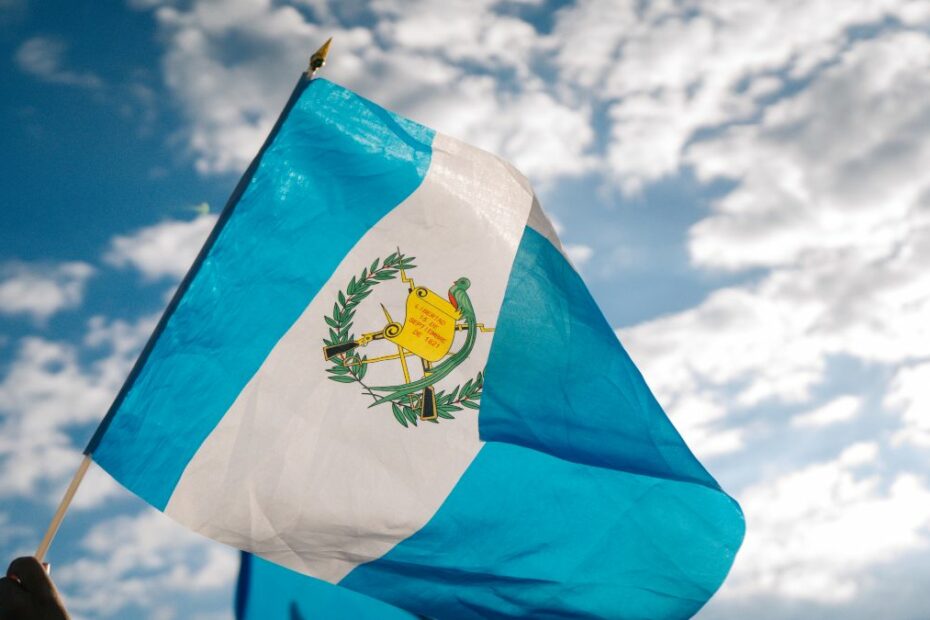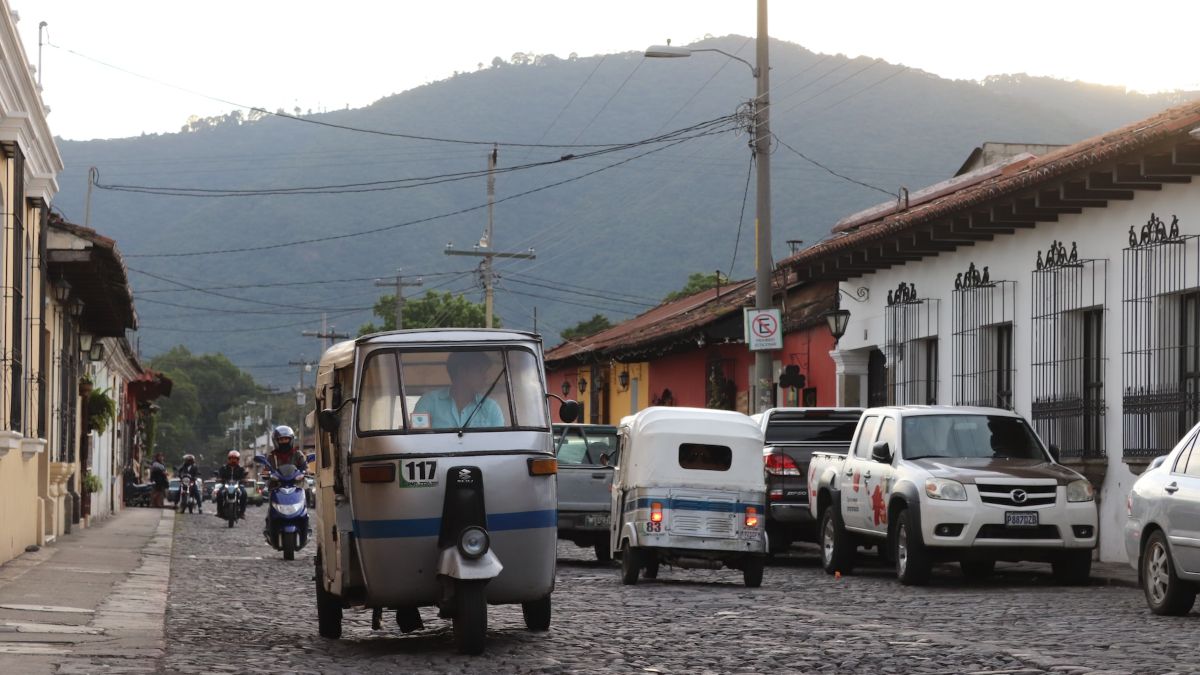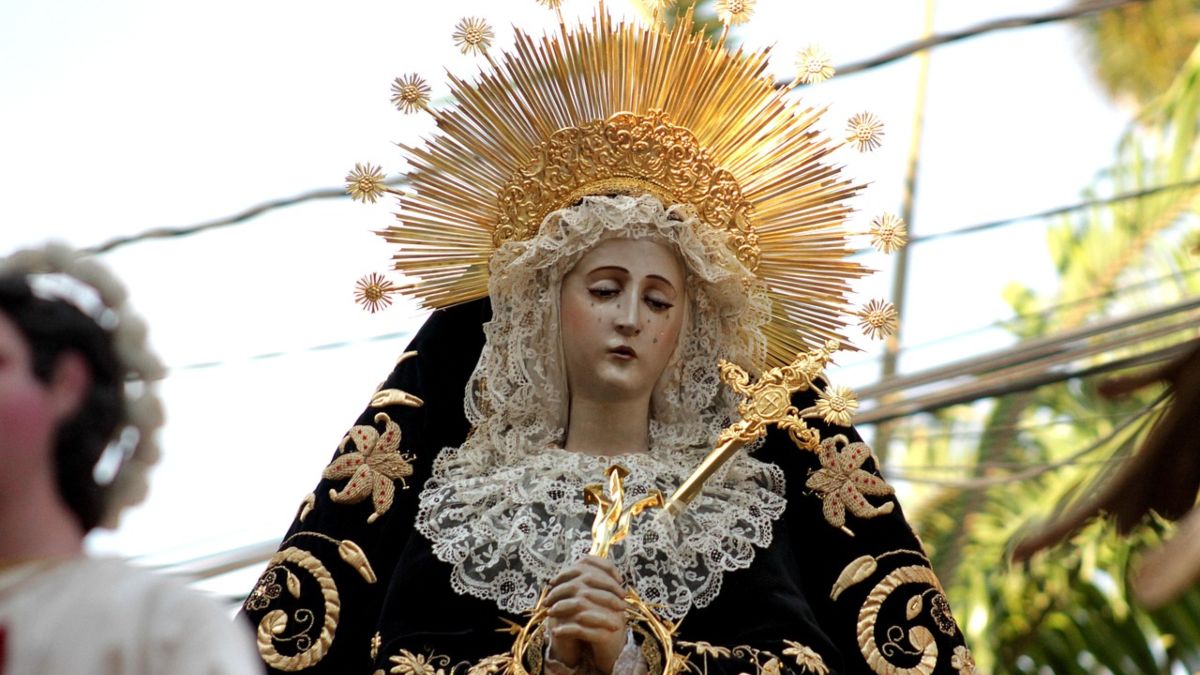Nestor Quixtan explains the latest Guatemala protests and countrywide roadblocks as demonstrators supporting the president-elect bring the country to a standstill.
Road blockades are a way of life in Guatemala. Whenever anyone is unhappy about anything, they block the nearest road they can find. Old tires, sticks, boards with nails; anything works as long as it can prevent the flow of traffic. For some, this may seem like an unusual way of protesting. But in Guatemala, roadblocks are the only way to get attention.
Peaceful protests, such as those with signs, bullhorns, and pickets, do not work. No one in any meaningful position of authority ever listens. Protestors are often dismissed as lazy wastrels with nothing better to do. So, people block roads as a last resort. If they block them long enough, the authorities listen. It may not be the prettiest way to get things done, but it works.
This time, though, things have gotten out of hand. It has been almost two weeks since massive protests began erupting all over the country. Typically, protests stick to certain towns or areas. But things are quite different this time. Perhaps, for the first time ever, Guatemala has rallied around one common issue: corruption.
Now, one might think: “But isn’t corruption a way of life in Guatemala?” After all, it seems like corruption is a never-ending issue in this country. While that may be true, the last straw seems to have finally broken the camel’s back.
Guatemala’s Indigenous leaders take to the streets in nationwide protests https://t.co/IMN5ZeJvWq via @AJEnglish
— Dr. Jessica Hernandez (@doctora_nature) October 13, 2023
A Quick Background
So, what’s all the fuss about? Why have widespread protests ground Guatemala to a screeching halt? Why have people taken to the street to block basic life supplies from getting anywhere? The answer to these questions is rather long. But I’ll try my best to sum it up.
This year’s election seemed to run according to schedule. Frankly, it seemed like most candidates were going through the motions. There were no meaningful campaigns. Very few candidates actually tried to address any issues of concern. It seemed like most of them simply read talking points copied and pasted from Wikipedia.
As predicted, the “null” vote was the big winner in the first leg of the election in June. Over 17% of voters preferred not to pick a candidate over picking someone, anyone. This sent a clear message to the establishment: people were fed up with traditional partisan politics. The panoply of political parties, ranging from serious candidates to comical figures, did not have anything substantial to offer voters.
But there was one candidate that snuck up and surprised everyone: Bernardo Arévalo.
Arévalo, son of former president Juan José Arévalo, got his foot in the door as the first-round runner up. This wild card berth earned him a spot in the August run-off election. And lo and behold, he then pulled off an unexpected win.
A win that set the alarm bells ringing within the political establishment.
Like a wounded beast recoiling in pain, the establishment fought back. Their counteroffensive began with the unlawful cancellation of Arévalo’s Semilla party. Then they announced an investigation into suspected illegal dealings among Semilla key leaders. The chief prosecutor’s use of its anti-corruption attorney as an attack dog prompted a public outcry as sectors across the country denounced unfair meddling.
Arévalo and Semilla did not stand down. Instead, they called for peaceful protest against attempts thwart democracy. These calls did not fall on deaf ears, and protestors hit the streets.
Voters elect the anti-corruption candidate Bernardo Arévalo as the next president of Guatemala in yesterday’s runoff election.https://t.co/Ch6mQHhMXn
— Central America Living (@VidaAmerica) August 21, 2023
Guatemala Protests Lead to Roadblocks
The peaceful protests in Guatemala City’s main square turned into full-scale demonstrations. Tens of protesters became scores. Scores became hundreds and hundreds became thousands as indigenous leaders – the mainstay of opposition – organized. The 48 Cantones, one of Guatemala’s largest indigenous leadership groups, threatened roadblocks unless the chief prosecutor resigned.
The government called their bluff.
A staring contest quickly became a stalemate. The 48 Cantones had no choice but to make good on their threats. The first roadblocks affected highland roads, cutting off most of northwest Guatemala from the rest of the country. With the government hardly moving an inch, other social sectors joined the fray. Each group joined the cry for the resignation of the chief prosecutor, anti-corruption attorney, and the judge who had ordered illegal searches and arrest warrants on Semilla party leaders.
Constitutional scholars lectured the government on how the law does not allow recounts or the opening of sealed crates containing cast votes. Under Guatemalan law, opening sealed crates with cast votes violates the chain of custody. Moreover, recounts are only permitted by revising vote tallies, not the ballots themselves.
But that didn’t stop the anti-corruption attorney from leading highly-publicized searches and seizures of crates, tallies, and official documentation.
Things escalated when the magistrates of Guatemala’s electoral board were threatened with indictments. The magistrates fought back, gaining temporary stays on indictment orders.
So, why would the anti-corruption attorney go to such great lengths to prove there was some sort of fraud? Now, it’s not my position to adjudicate the existence of fraud. But I will say that the facts show the government wanted to find anything they could pin even the slightest possibility of fraud on.
In short, the public inquisition into Arévalo’s victory did not yield anything suggesting fraud. Otherwise, they would have already filed charges. Additionally, the government would have made a public spectacle of any evidence found.
Civil unrest in Guatemala disrupts travel. #guatemala https://t.co/QBqujejiLO
— TheGatewBrianC (@TheGatewBrianC) October 10, 2023
Where Do We Go From Here?
I have to be honest about something: I’m not a supporter of Bernardo Arévalo or his party. I don’t agree with much of his ideological platform.
But there is one thing I do agree with. Arévalo won the election fair and square. So, he has the right to form his government and work toward achieving what he promised. Up to now, he has been unable to get any traction. The current administration has sat on its hands as the country spirals out of control. Things have gotten to the point where La Aurora Airport cancelled flights due to fuel shortages. People are panic buying as basic goods are running out.
There is no end in sight to the stalemate. It seems establishment policy at this point is to wait for the protesters to run out of steam. The government now suggests that external actors are financing the protesters. While I wouldn’t be surprised if this was true, thus far, Guatemala’s cry is a symptom of a much greater illness. Guatemalans are sick of a political system that has done little to deal with the ills afflicting the nation.
One last thing: if you’re considering visiting Guatemala, I urge you to give it some second thought. At least until the dust settles and President-Elect Arévalo becomes President Arévalo in January 2024. If he even gets that far.
Nestor Quixtan is a Canadian/Guatemalan economist, linguist, and writer. He lives in Guatemala City.




